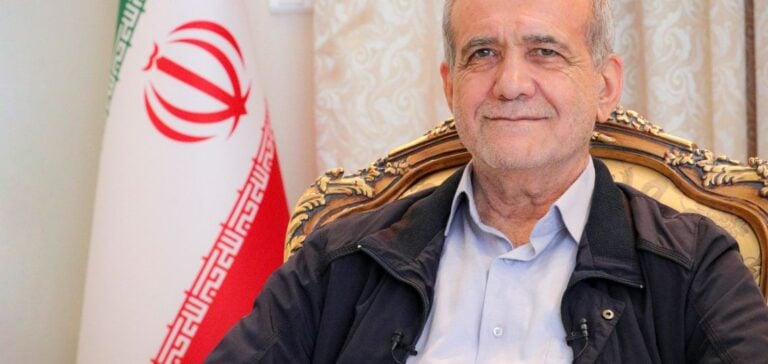Iran, in dialogue with France, Germany, and the United Kingdom, will hold consultations on January 13 in Geneva regarding its nuclear program, as reported by Iranian media. These discussions, described as consultations by Kazem Gharibabadi, Iran’s representative at the previous November meeting, take place in the context of escalating tensions around Tehran’s nuclear ambitions.
60% enrichment and international concerns
The International Atomic Energy Agency (IAEA) recently reported that Iran is currently enriching uranium at 60%, a concentration close to the 90% needed to produce a nuclear weapon. Iran remains the only non-nuclear-armed country to reach this threshold, drawing repeated criticism from Western nations.
In response to a resolution adopted in November by France, Germany, and the United Kingdom criticizing its lack of cooperation, Tehran announced the activation of additional centrifuges. These facilities enable increased production of enriched uranium, further straining international relations.
The weight of economic sanctions
Since the unilateral withdrawal of the United States from the Vienna agreement in 2018, under the Trump administration, Iran has faced economic sanctions that heavily impact its economy. This agreement, signed in 2015 with major world powers, had provided sanctions relief in exchange for significant reductions in Iran’s nuclear activities.
Iranian President Massoud Pezeshkian has expressed a desire to revive the agreement to alleviate the economic burden of sanctions. However, Europe remains cautious, emphasizing the need for Tehran to return to strict cooperation with the IAEA.
Prospects for Geneva
The planned meeting in Geneva is seen as an attempt to reestablish dialogue, although its outcomes remain uncertain. Iranian representatives insist on the civilian nature of their nuclear program, while Europeans, along with the United States, demand stronger guarantees.
For international businesses and investors, the outcome of these discussions could have significant repercussions, particularly on oil and energy markets where sanctions currently restrict Iranian exports.






















